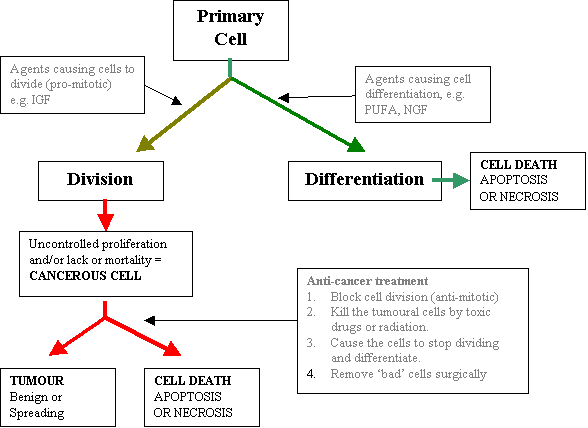
Figure 1. The pathway whereby a normal cell (primary cell) can become cancerous.

In normal conditions the primary cell has a choice to either divide further (e.g. in embryo, skin ) or differentiate (e.g. into muscle or nerve). This process is intimately linked and controlled by genetic and environmental factors (e.g. nutritive, temperature). If there is abnormal signalling caused by environmental damage to the genetic machinery e.g. by radiation, carcinogens, chronic infections, abnormal hormonal patterns or bad diet, the cell may be pushed towards uncontrolled growth and proliferation cycle (carcinogenesis). The nutritional component affects the hormonal patterns of the body which in turn affect the cell growth and differentiation and in addition the immune system is also affected. This type of mechanism is thought to underlie breast, colorectal, prostate and several other cancers. However, cancers of the upper gastrointestinal tract and some others are thought to be triggered by microbes, irritants or carcinogens.